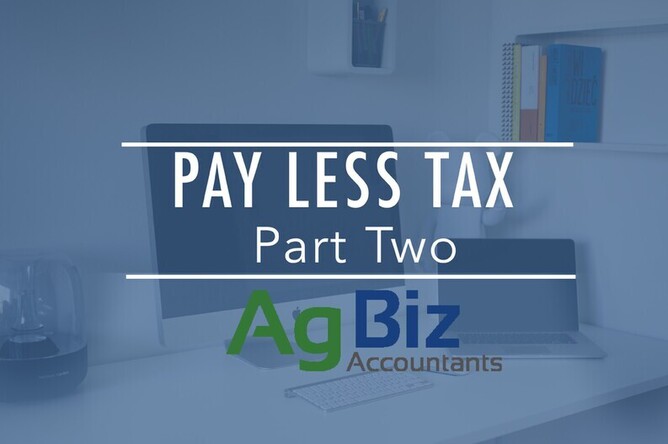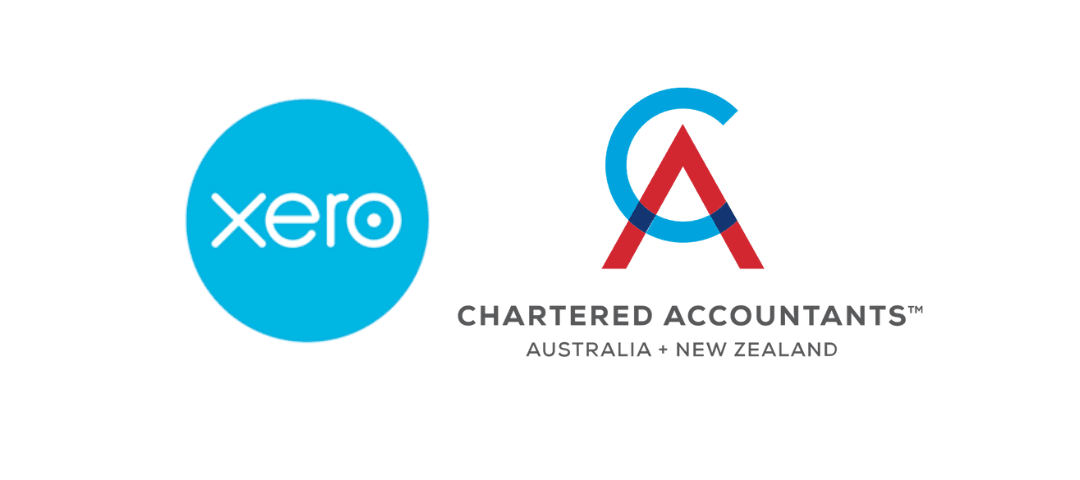Home Office Expenses for Business Owners
As accountants, one of our roles is to create tax efficiency for business owners. We do this, by ensuring a business claims all entitled expenses to reduce profit and therefore pays less tax. One expense that may reduce taxable profit is a home office expense claim.
Home office expenses are claimable when a business owner uses part of their home for their business. This could be as an office (either an actual office, or a spare bedroom used as an office), or if the actual business is ran from home it could be multiple spaces, for example; a hairdresser, massage therapist, online importing and distribution business. They are therefore entitled to claim a portion of their home running expenses that apply to to that particular use of business space.
Home running expenses normally include, mortgage interest or rent paid, rates, insurances, repairs and maintenance and power. The portion that relates to the business is a tax deductible expense and this may be calculated as a percentage of total space used.
For example, say a business owner has a 3 bedroom 160m house and uses one bedroom as a home office. If that bedroom was 12m, then 7.5% (being the percentage of the total home) of all home running expenditure would be deductible.
As an example the home expenditure per year could be as follows:
- Mortgage Interest $22,000 ($400k @ 5.5% interest pa)
- Rates $2,500
- Insurances $1,700
- Repairs and Maintenance $2,000
- Power $1,800
- Total home running costs $30,000
- 7.5% home office expense claim $2,250
Tax savings $742.50 at 33% marginal tax rate
Farming Deductions for Home Office
Farmers have different rules for their deductibility of home running costs to normal business owners.
To determine their total deductibility for home expenditure it depends on several factors:
Who the farm dwelling owner is (sole trader, partnership, company, trust)
Who the farm business operator is, and
Who occupiers the farm dwelling (shareholders, partners, sole traders)
Different farm owners, farm operators and dwelling occupiers could occur when for example a Trust owns the farm land and dwelling, but a Company runs the farm, and therefore the shareholders may occupy the dwelling. There may be multiple different reasons for structuring farming activities this way which we will cover in future posts.
Generally speaking if a sole trader or partner occupies the house, most expenses are 25% deductible for income tax.
If a shareholder or trustee occupies the house, most expenses are 100% deductible for income tax BUT a market rent needs to be paid by the shareholders or trustees to the farm as there is a private portion element of these expenditure.
Evans Doyle accountants is offering a free business health check for the month of February. We can discuss your current business structure per your personal circumstances and ensure you are on track, or provide alternative options. Contact Us today to arrange your free business health check.
This material has been prepared for informational purposes only, and is not intended to provide, and should not be relied on for, tax, legal or accounting advice. You should consult your own tax, legal and accounting advisors before engaging in any transaction.



